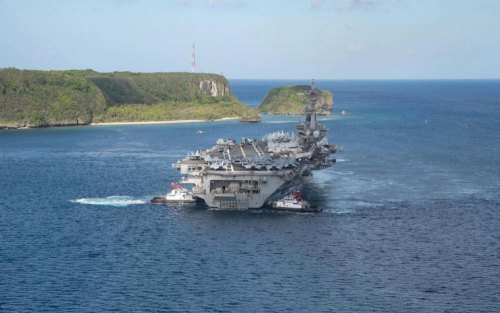Is there No Such Thing as a Naval “Chokepoint”, such as the Strait of Gibraltar?

Fisher spoke from an Anglo-centric view, but his point is evident that control of key chokepoints equated to control of national strategic interests. But a century later, with the technological advances in weapons and sensors, and the interconnectedness of the global economy, can such a claim be made today?
That is the question asked by Jamie McGrath in the US magazine The National Interest.
The argument continues: There are over 100 straits where international interest in the free flow of trade transcends the interests of the nearby littoral states. Not all of these maritime chokepoints are of equal importance.
Military strategists often speak as Fisher did of strategic chokepoints, believing them to have significant geopolitical value and act as epicenters for maritime strategy, where the control of which is considered vital for success in maritime conflict. But are these chokepoints truly strategic?
Perhaps the strategic value of any given chokepoint is overstated because the ability to truly “control” these chokepoints is significantly degraded in the current maritime threat environment. The focus should instead be placed on strategic seas, and not the connectors between them, says the article.
MORE IN PANORAMA PRINT EDITION
11-06-2020 PANORAMAdailyGIBRALTAR
Search Panorama
Headlines
- The Last Panorama?
- GOODBYE TO PANORAMA AND TO GOOD MEMORIES
- The time has come, the walrus said, to talk of many things…
- Panorama will be missed
- Goodbye Panorama
- NEW SPANISH AIRBORNE DRONE FOR GIBRALTAR AREA
- HE the Governor and DCM visit The Mount
- Annual Skin Cancer Screening Day to take place on 12th May 2024

